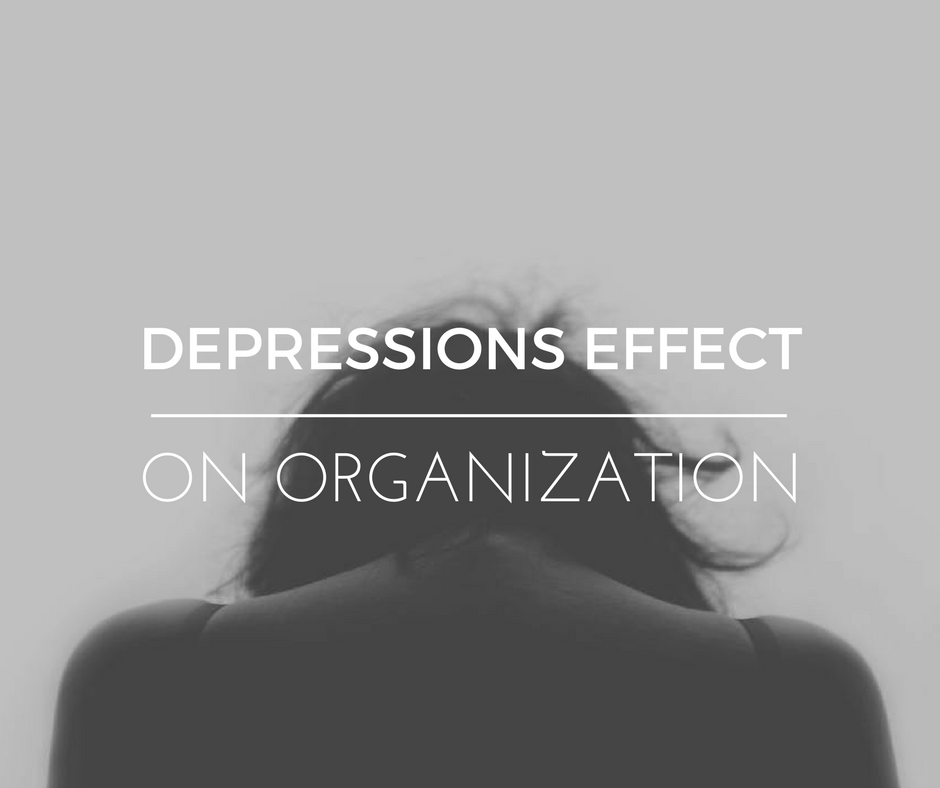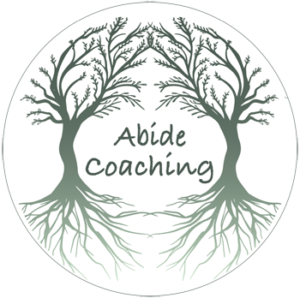Executive Function Skills are an essential part of being a functional adult but many situations, moods, experiences, conditions and well life… can affect them. It is not about having these skills or not but do I have access to them right now in this moment? Here I want to talk about how depression can affect time management and organization along with some tips to help.
Types of depression according to National Institute of Mental Health:
- Persistent depressive disorder (also called dysthymia) is a depressed mood that lasts for at least two years. A person diagnosed with persistent depressive disorder may have episodes of major depression along with periods of less severe symptoms, but symptoms must last for two years to be considered a persistent depressive disorder.
- Perinatal depression is much more serious than the “baby blues” (relatively mild depressive and anxiety symptoms that typically clear within two weeks after delivery) that many women experience after giving birth. Women with perinatal depression experience full-blown major depression during pregnancy or after delivery (postpartum depression). The feelings of extreme sadness, anxiety, and exhaustion that accompany perinatal depression may make it difficult for these new mothers to complete daily care activities for themselves and/or for their babies.
- Psychotic depression occurs when a person has severe depression plus some form of psychosis, such as having disturbing false fixed beliefs (delusions) or hearing or seeing upsetting things that others cannot hear or see (hallucinations). The psychotic symptoms typically have a depressive “theme,” such as delusions of guilt, poverty, or illness.
- Seasonal affective disorder is characterized by the onset of depression during the winter months when there is less natural sunlight. This depression generally lifts during spring and summer. Winter depression, typically accompanied by social withdrawal, increased sleep, and weight gain, predictably returns every year in seasonal affective disorder.
- Bipolar disorder is different from depression, but it is included in this list is because someone with bipolar disorder experiences episodes of extremely low moods that meet the criteria for major depression (called “bipolar depression”). But a person with bipolar disorder also experiences extreme high – euphoric or irritable – moods called “mania” or a less severe form called “hypomania.”
Often the effects of any of these types of depression can lead to judgments about oneself. See my blog about negative self-talk. Individuals may think they are unmotivated, a whiner, lazy or a host of other things.Depression and its symptoms can show up finances, organization, relationships, school, self-esteem, social interactions, work and other health issues like substance abuse or eating disorders. There are lots of treatment options that you should discuss with your doctor.

Organizing Challenges – below are listed organizational challenges. Not every organizer knows how to deal with these issues. You want an organizer with professional development training in mental health disorders or an organizing coach, which is an organizer who is also a life coach or ADHD coach. I am an organizing coach with a strong background in executive function skills.
- Avoidance is a natural response to stress. For our distant ancestors, it allowed them the be on alert for dangers. Today’s stress can be overwhelming for some causing them to avoid activities/tasks that seem to be difficult for whatever reason. Avoidance may be done to conserve energy for the most basic tasks since depression can also cause low energy. Coaching is about moving forward; creating awareness than action and the learning. A small step forward can seem like a huge step.
- Difficulty initiating action – or task initiation is just getting started. That first step is hard to take. Talk about it with someone supportive like a coach or therapist or even a good friend or family member. Create the first step. Make it small and manageable. Visualize yourself doing the first step. Then schedule it by actually putting it in your calendar. If you need have a supportive person with you.
- Difficulty making decisions – life is full of decisions. Studies show that for good decision making to happen we need to have the ability to evaluate alternatives and make judgments, however, when someone is in a depressed state, strong emotions and incorrect predictions of the future negatively impact that ability. A lack of confidence, an inaccurate appraisal of personal resources, being more likely to regret decisions and a hopelessness about the future all play a part. Here are some ideas let someone else decide, flip a coin, go with your gut/whatever comes to mind first, when you are feeling well make a decision beforehand so you don’t need to think about them in the moment or think of what someone you admire would do.
- Difficulty thinking clearly – or Brain fog aka poor memory, confusion and detachment make it hard to process information. If your brain fog is being caused by medication go talk to your doctor.
- Lack of energy to do the work – Work at your best time or day or when you feel you can, don’t over-schedule yourself, do things with a supportive person, break tasks down into the smallest chunks possible (example – cleaning the kitchen empty the dishwasher or empty the top or bottom as one step).
